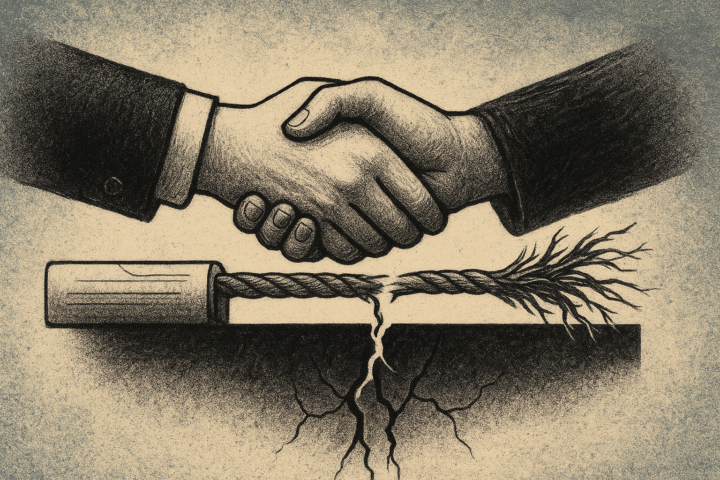The Fair Debt Collection Practices Act (FDCPA) is a federal law in the United States that regulates the behavior of third-party debt collectors who collect debts on behalf of others. The FDCPA establishes rules and guidelines that debt collectors must follow when communicating with consumers. The FDCPA does not cover business-to-business debts or collection of certain torts, even from consumers. It’s worth noting that there may be other federal or state laws that govern the collection of debts arising from torts, even if the FDCPA does not apply.
Here are some key rules outlined in the FDCPA:
- Prohibited communication practices: Debt collectors cannot contact a consumer before 8:00 a.m. or after 9:00 p.m. local time or at any time they know is inconvenient. They also cannot communicate with a consumer at their place of employment if the employer prohibits such communications. Debt collectors cannot harass, oppress, or abuse a consumer or use false, deceptive, or misleading practices to collect a debt.
- Verification of debts: Within five days of the initial communication, a debt collector must send a written notice to the consumer that includes the amount of the debt, the name of the creditor, and a statement informing the consumer of their right to dispute the debt. If a consumer disputes the debt, the debt collector must cease collection activities until they have verified the debt.
- Cease and desist: If a consumer notifies a debt collector in writing that they want the collector to cease communication, the collector must stop contacting the consumer except to confirm that further contact will cease or to notify the consumer that the debt collector or creditor may take a specific action.
- Prohibition on third-party disclosures: Debt collectors cannot disclose information about a consumer’s debt to third parties except in limited circumstances, such as to a consumer’s attorney, a credit reporting agency, or to the original creditor.
- Remedies for violations: Consumers can sue a debt collector for violating the FDCPA and may be entitled to actual damages, statutory damages up to $1,000, and attorney’s fees.
These are just some of the key rules outlined in the FDCPA. The entire law text can be found on the Federal Trade Commission website. Both consumers and debt collectors need to understand and follow the guidelines outlined in the FDCPA to ensure fair and ethical debt collection practices. Responsible commercial collection agencies such as Leib work within the spirit of the FDCPA, even if not required.


